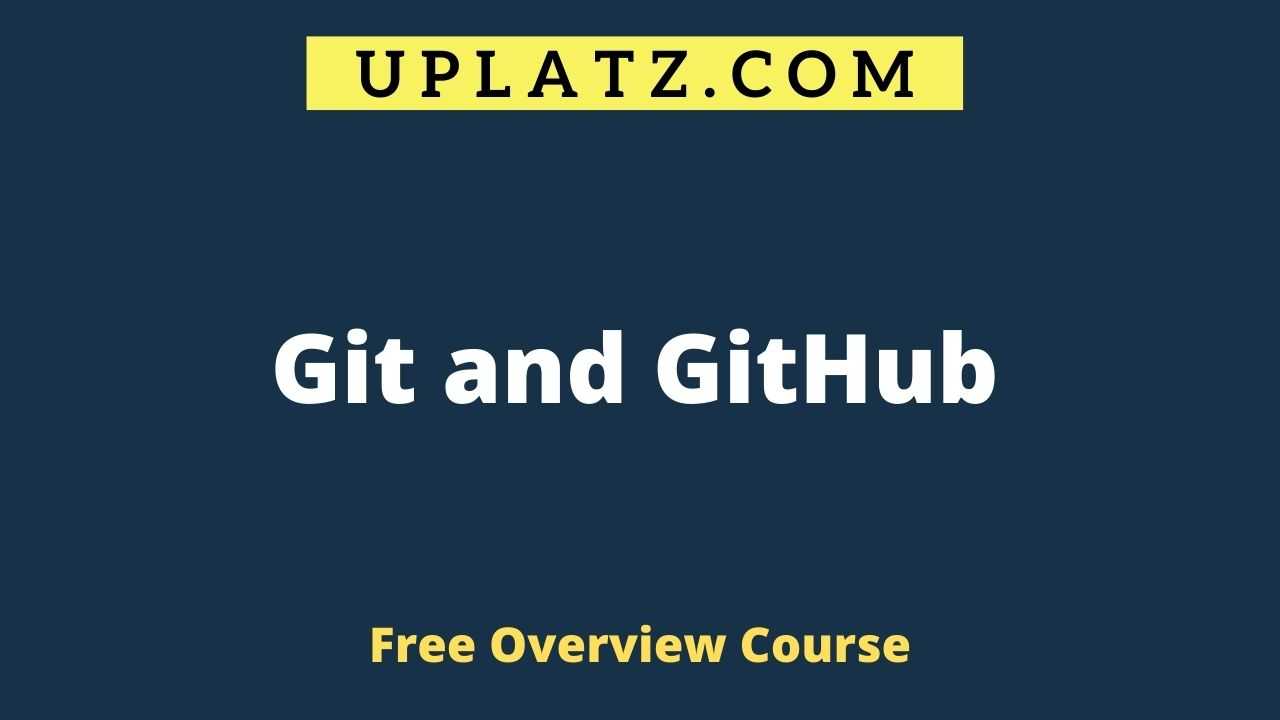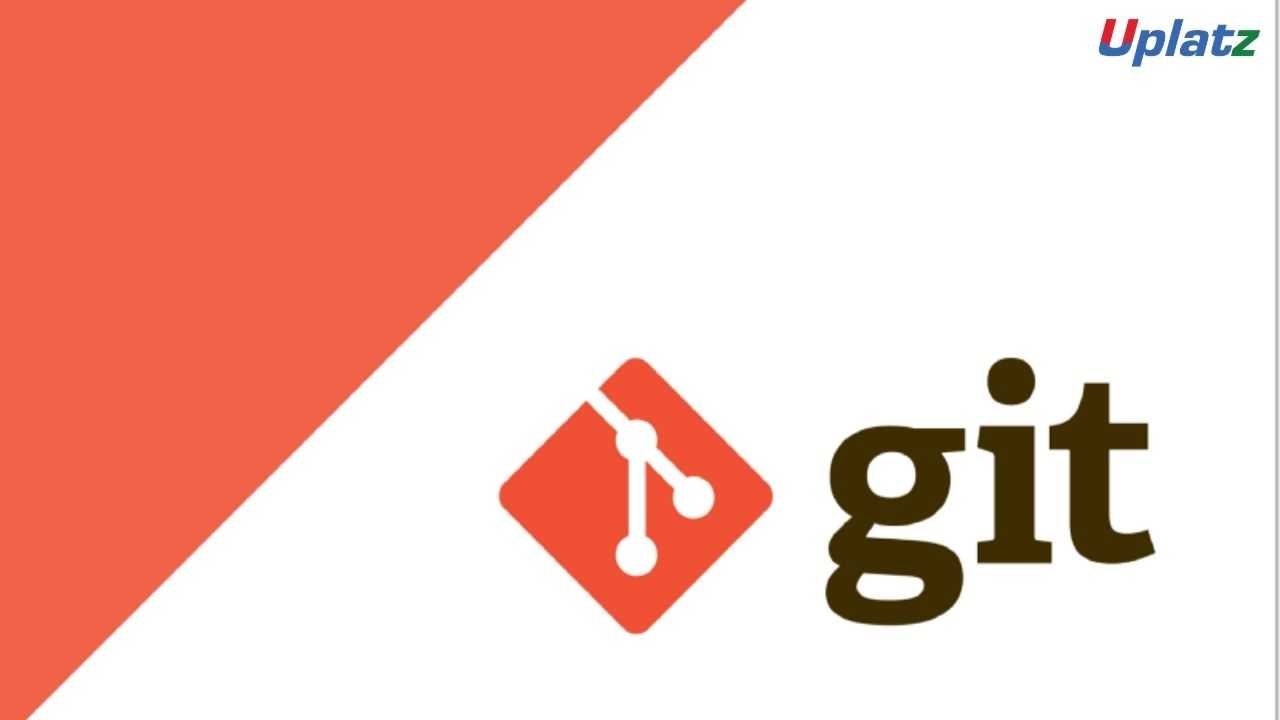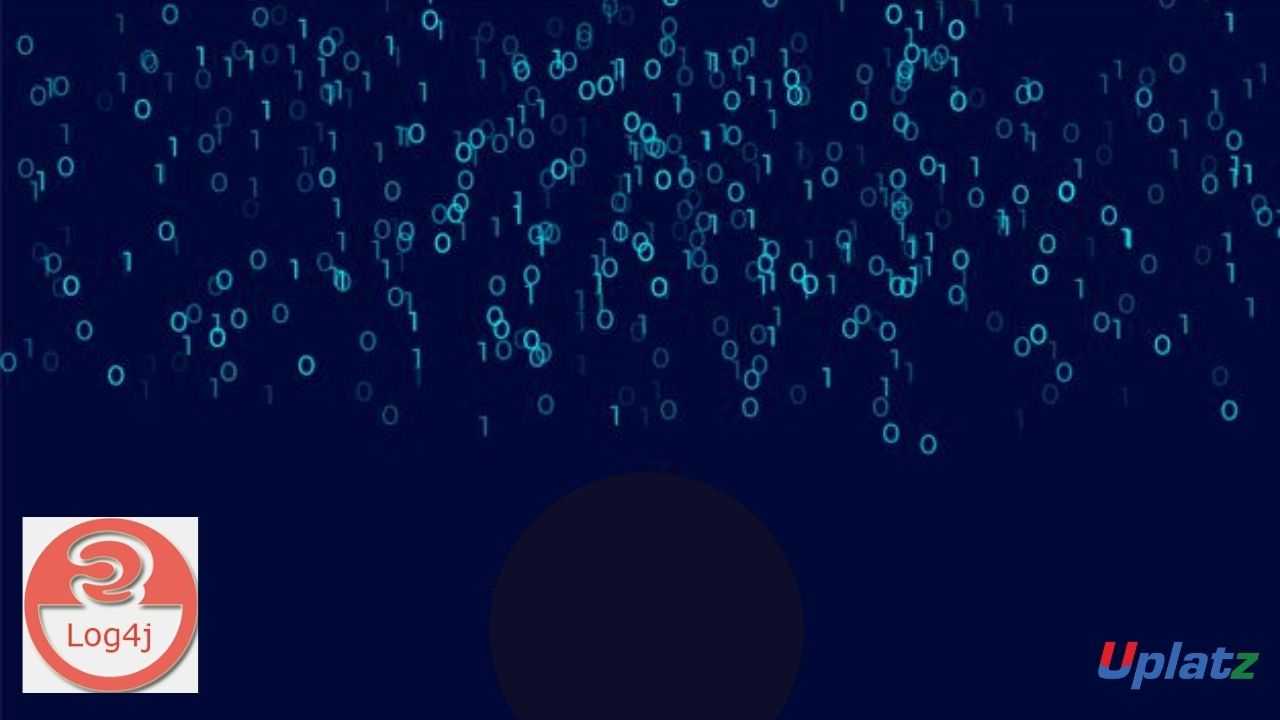Overview Course - Git and GitHub
Be the master various features of Git branch, designing a workflow, branching and merging in Git, dealing with conflicts, merging strategies & more. View Course Curriculum
Price Match Guarantee
Full Lifetime Access
Access on any Device
Technical Support
Secure Checkout
Course Completion Certificate
View Course Curriculum
Price Match Guarantee
Full Lifetime Access
Access on any Device
Technical Support
Secure Checkout
Course Completion Certificate
 85% Started a new career
Enroll Now
85% Started a new career
Enroll Now
-
 93% Got a pay increase and promotion
93% Got a pay increase and promotion
Students also bought -
-

- Git and GitHub
- 5 Hours
- GBP 12
- 353 Learners
-

- Git (basic to advanced)
- 8 Hours
- GBP 12
- 457 Learners
-

- Log4j
- 5 Hours
- GBP 12
- 74 Learners

This is an overview course on Git and GitHub while the complete detailed-level Git and GitHub course is available at -
https://training.uplatz.com/online-it-course.php?id=git-and-github-git-and-github-349
Uplatz Git and GitHub course covers the necessary of using the version control system Git. You'll be able to create a new Git repo, commit changes, and review the commit history of an existing repo. You'll also learn how to keep your commits organized using tags and branches and you'll master the art of merging changes by crushing those pesky merge conflicts. Learn how to edit commits, revert changes, or even delete commits. It is an open-source version control software created by Linus Torvalds, creator of Linux kernel, that allows users to track changes and manage different versions of projects as they change over time. Git users can create a solo project or with teams and quickly identify changes made, especially if issues arise within the code.
Git and GitHub allows each git user to host a full repository directly on the individual computer. Git commands give each user full access to their local repository even when offline, synching with the larger remote repository the next time connectivity is available. The repository contains a series of git commit objects and references to those objects (heads).
The git log shows file changes and new branches keep everything organized. Learning Git allows you to manage large scale projects and track changes from a vastly efficient network that's housed on each computer. Users execute git pulls to integrate their newest changes with the remote repository. Uplatz’s courses are designed to offer a range of skill sets that include Git. Overview of the types of tools you'll need to succeed in your career in data science, including Git, GitHub, RStudio, and Data verse. Course attendants learn necessary skills for programming, including the tools and operating systems available. Git elements include pull requests, working with source code, and creating those open-source projects. Plus, using Git to keep code clean. Training offers also help place Git within the context of programming and data science, giving you the skills, you need for code management with a version control system. The master branches located within your Git repository help monitor changes and allow clean code while encouraging the creativity and independence developers need to innovate.
Course/Topic - Git and GitHub overview - all lectures
-
Need of version control system. This series related to Git and GitHub, what is Git and what is Git hub and how we need to work with GitHub as a real-time tool. VCS – Version Control system –provides the process of monitoring team members work and activities in the project.
-
What is Git .Git as a VCS for tracking changes in source-code. Different Git Software we need to download in the system as per the operating system.
The objective of this Git and GitHub course is to provide learners with a foundational and practical understanding of version control and collaborative software development. Participants will learn to efficiently use Git for tracking changes, branching, and merging code, as well as harness GitHub’s platform for hosting repositories, managing pull requests, and collaborating on projects. Through hands-on exercises and real-world scenarios, learners will gain the skills needed to manage code versions effectively, contribute to open-source projects, and work seamlessly with development teams, enhancing their overall software development workflow and collaboration capabilities.
The course objectives of this Git and GitHub course include:
Fundamental Objectives:
- Understanding Version Control: Grasping the concept of version control and its importance in software development and collaboration. This includes understanding how Git works as a distributed version control system (DVCS).
- Git Basics: Learning the basic Git commands for creating repositories, tracking changes, committing, branching, merging, and resolving conflicts.
- GitHub Collaboration: Understanding how to use GitHub as a platform for hosting and collaborating on Git repositories. This includes forking, cloning, creating pull requests, and reviewing code.
- Workflows and Branching Strategies: Learning different Git workflows and branching strategies for effective team collaboration and project management.
Advanced Objectives:
- Git Internals: Understanding the underlying data model of Git and how it stores and tracks changes.
- Advanced Git Commands: Mastering more advanced Git commands for manipulating history, rewriting commits, and managing complex workflows.
- GitHub Actions: Learning how to automate tasks using GitHub Actions, such as building and testing code, deploying to production, and managing releases.
- GitHub Features: Exploring additional GitHub features like project boards, wikis, and security tools.
Overall Goals:
- Empowering Developers: Providing developers with the knowledge and skills to use Git and GitHub effectively for version control, collaboration, and project management.
- Improving Productivity: Enabling developers to work more efficiently and productively by leveraging Git's features for tracking changes, collaborating on code, and managing releases.
- Enhancing Collaboration: Facilitating seamless collaboration between developers through GitHub's features for code review, pull requests, and issue tracking.
Git and GitHub – course curriculum
• Version Control System
• Git Introduction
• Git Installation
• Git Workflow
• Creating Remote Repository
• How to add existing project to GitHub using Git Bash
• Working with Repositories
• Deleting Files
• Working with Branches
The Git and GitHub Certification ensures you know planning, production and measurement techniques needed to stand out from the competition.
While Git is a tool that's used to manage multiple versions of source code edits that are then transferred to files in a Git repository, GitHub serves as a location for uploading copies of a Git repository.
Git is a version control system that lets you manage and keep track of your source code history. GitHub is a cloud-based hosting service that lets you manage Git repositories. If you have open-source projects that use Git, then GitHub is designed to help you better manage them.
Git is a version control tool (software) to track the changes in the source code. GitHub is a web-based cloud service to host your source code(Git repositories). It is a centralized system. Git doesn't require GitHub but GitHub requires Git.
The libgit2 implementation of Git is an ANSI C software library with no other dependencies, which can be built on multiple platforms, including Windows, Linux, macOS, and BSD. It has bindings for many programming languages, including Ruby, Python, and Haskell. JS-Git is a JavaScript implementation of a subset of Git.
Uplatz online training guarantees the participants to successfully go through the Git and GitHub Certification provided by Uplatz. Uplatz provides appropriate teaching and expertise training to equip the participants for implementing the learnt concepts in an organization.
Course Completion Certificate will be awarded by Uplatz upon successful completion of the Git and GitHub online course.
The Git and GitHub draws an average salary of $125,000 per year depending on their knowledge and hands-on experience.
Not everyone uses GitHub in a career-forward capacity, but you can. Just like keeping a programming blog is a great presentation tool, a GitHub page presents a similar opportunity.
GitHub is a cloud-based social sharing site. Instead of sharing life updates, job postings or photos, however, GitHub users share code. The platform runs on an open-source framework, meaning the code is open to the general public and can be altered by anyone.
Note that salaries are generally higher at large companies rather than small ones. Your salary will also differ based on the market you work in.
Devops Consultant.
Node js Backend Developer.
Architect, Azure Platform Admin.









